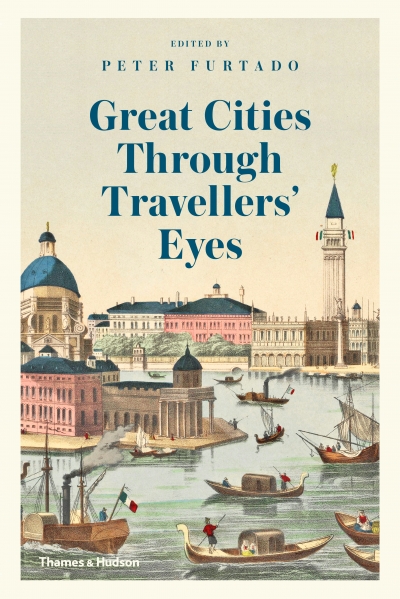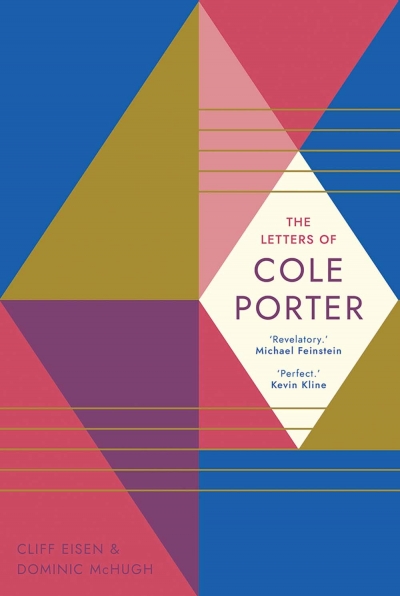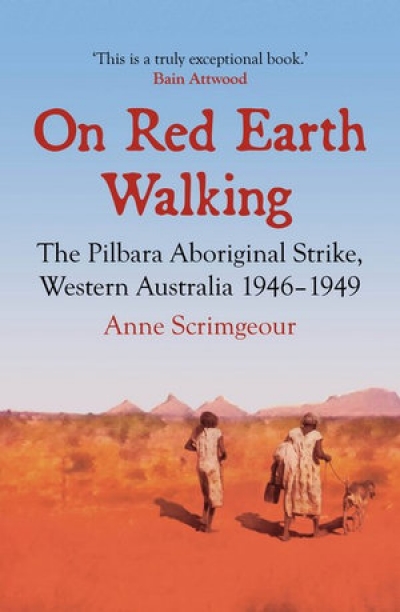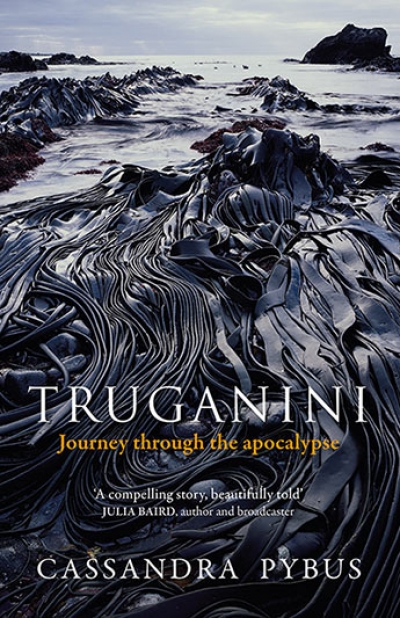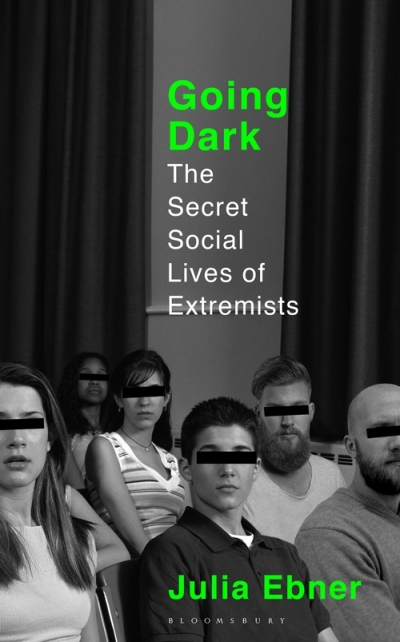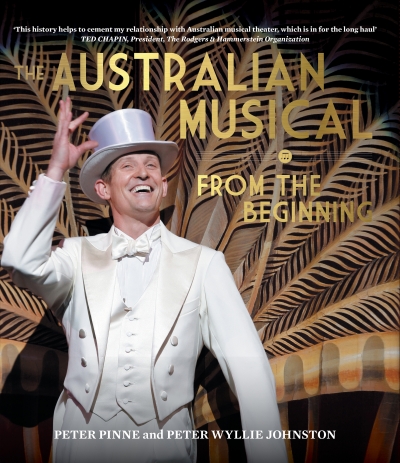Non Fiction
The Fire Is Upon Us: James Baldwin, William F. Buckley Jr., and the debate over race in America by Nicholas Buccola
by Samuel Watts •
The Letters of Cole Porter edited by Cliff Eisen and Dominic McHugh
by Paul Kildea •
The Great War: Aftermath and commemoration edited by Carolyn Holbrook and Keir Reeves
by Kate Ariotti •
On Red Earth Walking: The Pilbara Aboriginal strike, Western Australia 1946–1949 by Anne Scrimgeour
by Jan Richardson •
Truganini: Journey through the apocalypse by Cassandra Pybus
by Billy Griffiths •
Aftershocks: Selected writings and interviews by Anthony Macris
by Kári Gíslason •
The Australian Musical from the Beginning by Peter Pinne and Peter Wyllie Johnston
by Gillian Wills •

